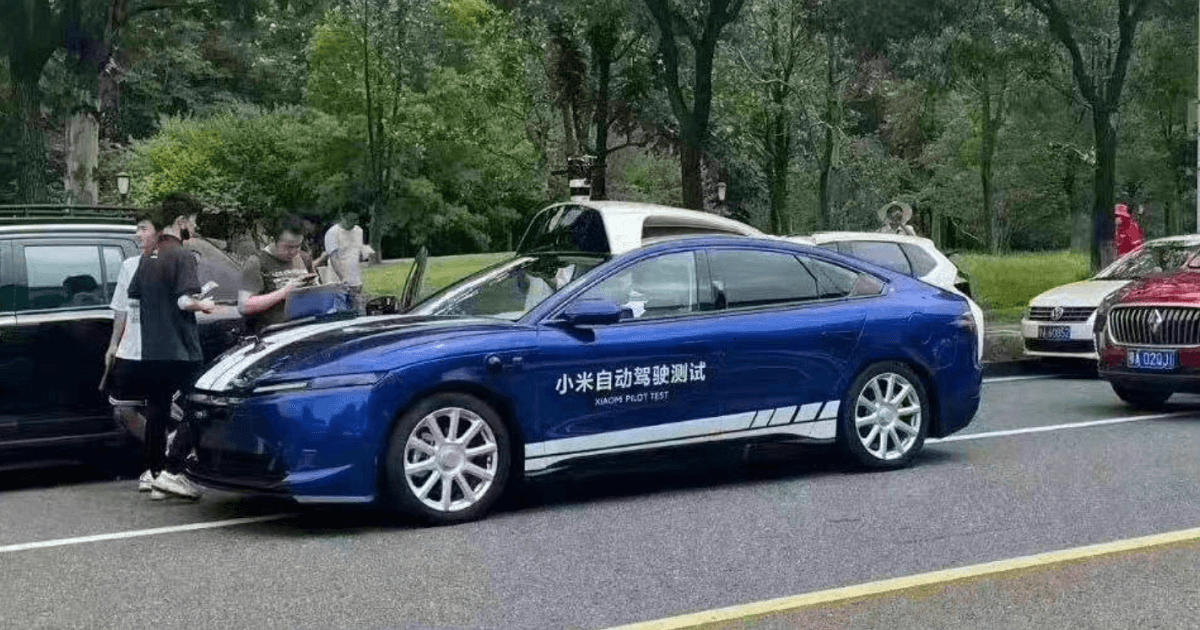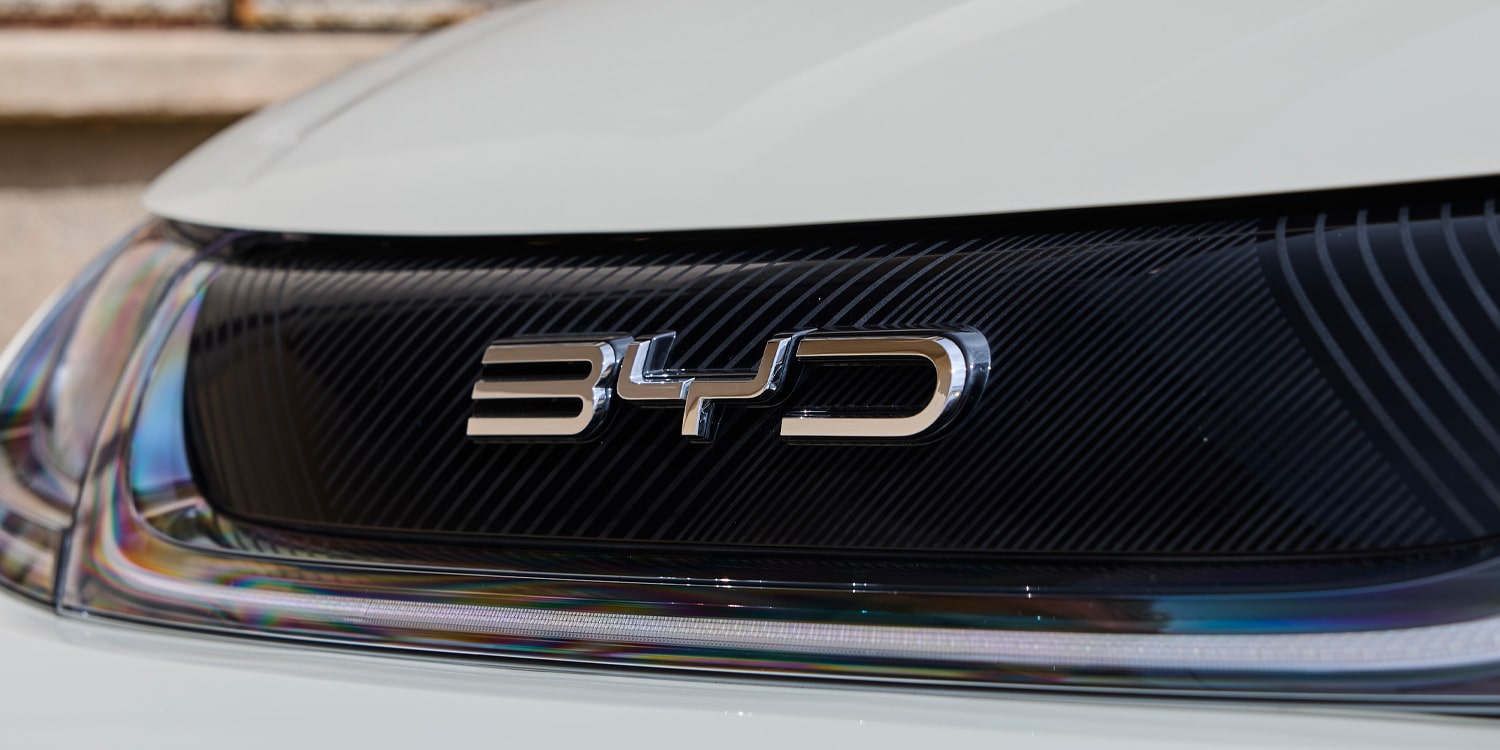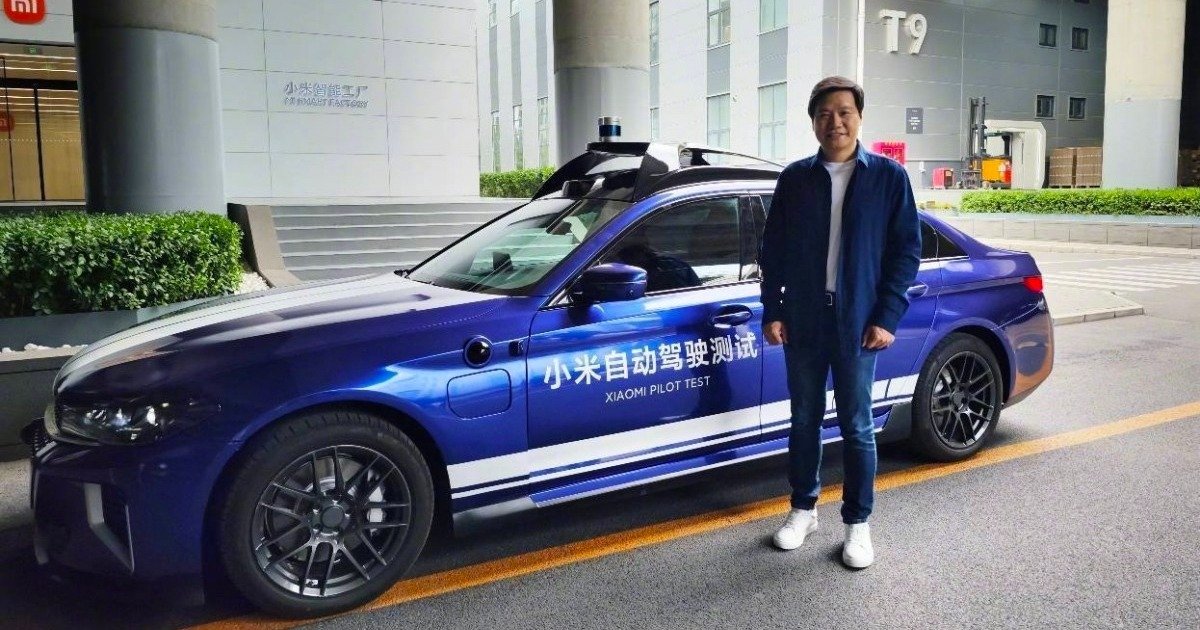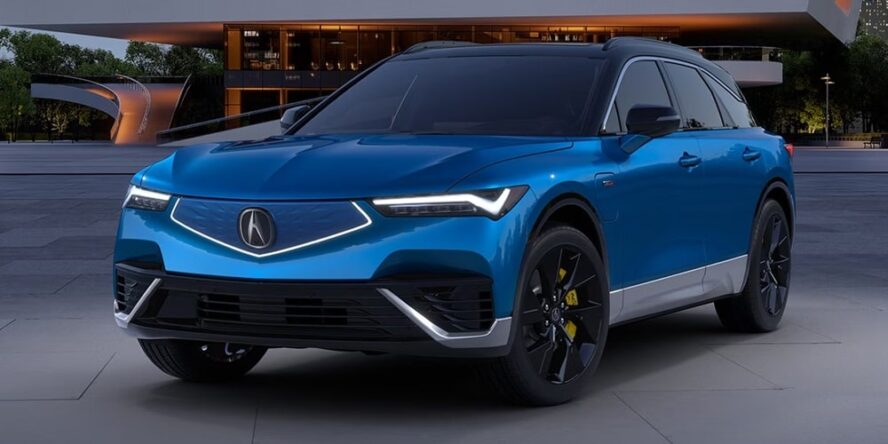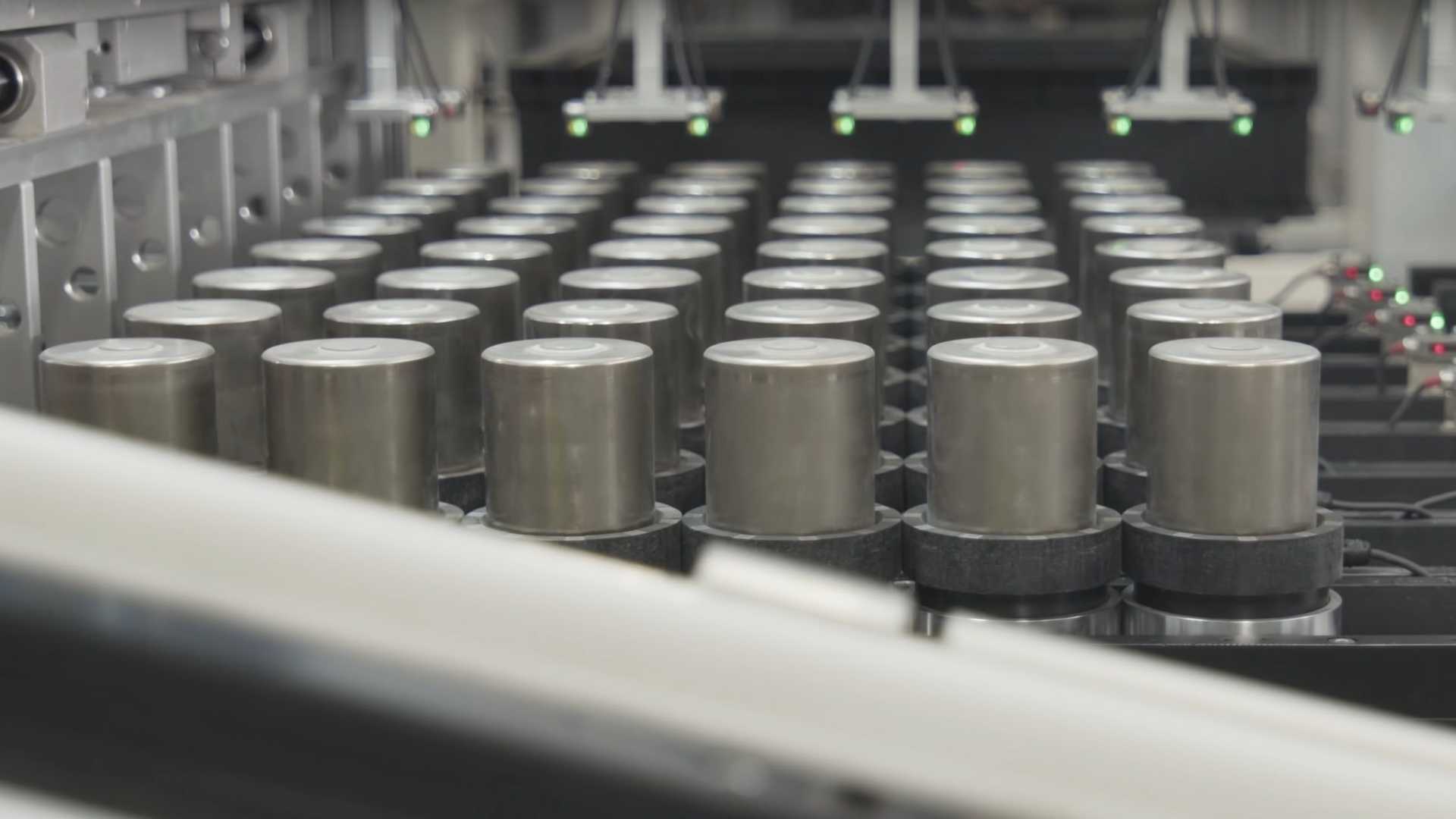In a strategic move, Xiaomi’s electric vehicle (EV) division has restructured its power battery suppliers, selecting CALB as the tier-1 supplier and CATL as the tier-2 supplier, according to insider sources cited by Jiemian, a prominent local media outlet. This decision marks a significant shift from the previous arrangement, where CATL held the tier-1 position. The adjustment comes after a patent dispute between the two battery manufacturers, culminating in Chinese intellectual property authorities invalidating two of CATL’s patents, effectively enabling CALB to reenter the competition.
Xiaomi had originally secured battery packs from CATL at a starting cost of RMB 80,000 ($11,000), accounting for around 50 percent of the vehicle’s total cost. However, the resolution of the patent conflict prompted Xiaomi to realign its supplier hierarchy with a view to streamlining costs. This move underscores Xiaomi’s commitment to competitive pricing while ensuring the high quality of its EV offerings.
The battery supply distribution will remain flexible, with adjustments based on sales performance as Xiaomi’s vehicles hit the market and gain traction. The company’s long-term vision includes potentially partnering with other battery manufacturers, such as BYD, to further enhance cost-efficiency. Nevertheless, as of now, Xiaomi’s automotive arm does not appear on BYD’s list of power battery recipients.
Data from the China Automotive Battery Innovation Alliance (CABIA) reveals CATL’s dominance in the power battery segment. In July, CATL held the lead with an installed capacity of 13.47 GWh, constituting 41.79 percent of the market share. Trailing behind was BYD, securing the second position with 9.35 GWh and a 29.01 percent market share. CALB, with an installed capacity of 3.20 GWh, ranked third, capturing a 9.93 percent market share during the same period.
Xiaomi’s approach to its EV business model sets it apart from traditional automotive companies. The company is poised to focus on software-based revenue streams rather than relying solely on hardware sales. An insider from Xiaomi emphasized this strategy, asserting that the EV business would maintain slim component margins of approximately 1 percent. With profitability in mind, the company aims to generate significant revenue through software offerings and eco-services, further leveraging its technology prowess.
The genesis of Xiaomi’s EV venture dates back to March 30, 2021, when the company announced its foray into the automotive industry. A substantial initial investment of RMB 10 billion yuan was earmarked for the project’s first phase, with a long-term commitment of $10 billion over the ensuing decade. Xiaomi’s inaugural EV model, characterized by LiDAR technology and positioned as a premium sedan, is projected to enter the market at a price point exceeding RMB 300,000. LatePost, a local media outlet, reported this development on September 2 of the preceding year.

